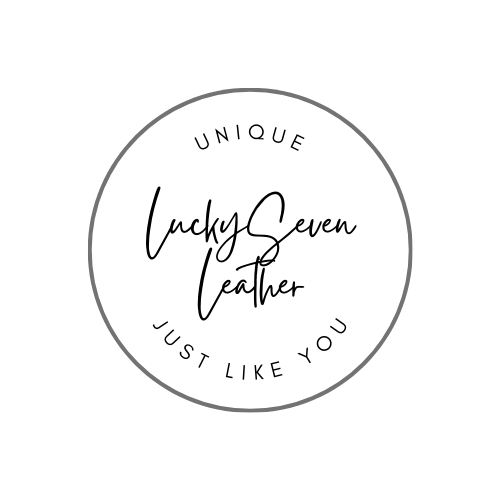
Scams Every New Etsy Seller Gets (And How to Outsmart Them)
When you open your first Etsy shop, you expect questions about shipping, sizes, and colors, maybe delivery estimates, but certainly not mysterious messages offering “bulk orders for a wedding overseas.” and "urgent bank verification" issues.
But every new seller eventually meets them: the scammers.
They show up in your inbox sounding polite, professional, even flattering.
They’ll say they love your work, want to feature your products, or need an urgent order.
They pretend they are from Etsy.
And because you’re new, hopeful, and probably not familiar with how a valid connection should look like, they hope you’ll take the bait.
Don’t feel foolish - especially if you are a new Etsy shop owner, they WILL find you. I don't know what kind of "newbie detector" they might have, but it happens to everyone.
The good news is that once you learn the red flags, you’ll spot them from miles away and you'll never doubt yourself again - without having to ask online or even worse - by learning it the hard way.
Let’s go through the classics first - the greatest hits of Etsy scams, and how to keep your shop (and sanity) safe.
There's always a pattern. Look close.
Below I'm attaching a few screenshots from my own experience with scammers as a newbie Etsy Shop owner, along with other scam attempts that were posted in public forums for reviewing. I will explain on the go!
1. The All-time classic “Account Problem” or “Verify Now” Message for an order that never happened
It's probably the first attempt against you.
-

DO NOT CLICK ANY LINKS FOR ANY REASON.
Here's the difference between a fake and a real message from Etsy in your seller's dashboard:

Here is how authentic emails from Etsy look like:

How a FAKE order on Etsy looks like:

How an actual order confirmation email looks like:

How to make sure you will NEVER fall in their trap:
1. No clicks on links for any reason.

2. Never accept ANY payments outside of your safe territory - whether it's your etsy shop or your own website.
Let me show you my latest experience on Tiktok:

The reality is:
Once you leave Etsy’s or your website's system, there’s no protection for you or your buyer. These scammers often send fake payment confirmations or overpayment tricks (“I sent $500 instead of $300, please refund the difference”).
That money never existed.
How to stay safe:
Keep every message inside Etsy. If someone insists on emailing, say kindly:
“For security reasons, all communication and payments must stay on Etsy. Thank you for understanding.”
If they contacted you through your social DM or contact form, it's still the same:
STAY WITHIN YOUR SAFETY ZONE. Never click ANY links.
Then block and report. No genuine buyer will rush you off-platform.

2. The Overly Generous “Promoter” / Marketing Expert
"We will get you 100K followers in a week - only with 25$"
"I can help you rank higher in Google"
"I will raise your desired listings to the top"
And so on.
Here is one of those messages I got when I was a new shop:
-

Let's summarize everything simply with infographics:
My new favorite thing to do in my spare time :)
The Scam Types

The Red Flags

🛡️ How to Protect Your Shop (and Your Peace)
Keep all orders and messages inside Etsy.
Never share your personal email or phone number with customers.
Never click suspicious links.
Use two-factor authentication.
Report suspicious messages so Etsy can warn others.
Create a “canned response” for these cases, like:
“Thank you for reaching out. Please note that I only process orders and payments through Etsy for security reasons.”
⚙️ If You Already Fell for It
First breathe. It happens to every new seller.
Change your passwords immediately.
Contact Etsy support with screenshots.
If money was involved, contact your bank and file a fraud report.
Learn from it, forgive yourself, and pass on the warning.
Every handmade seller has a “first scam story.”
What matters is what you do next.
The Handmade World Still Belongs to the Honest
Scammers will keep trying. On Etsy, they have an expiration date. It's still a mystery on how they detect new shops and how they detect when "it's too late, they've learned", but eventually, they'll stop.
(Truth is, they will find someone else.)
Every message you ignore, every report you file, every small warning you share keeps the handmade world a little safer.
Do not be discouraged: most people are still good. Most buyers are genuine, caring, and excited to hold something made by human hands. Don’t let a few parasites make you suspicious of everyone.
Stay kind, sharp, and keep creating. The world still needs what your hands can do.
Bonus Tip that applies in both life and business: If it has you questioning, trust your guts.
You might want to read next about How to Tell if it's Truly Handmade!
Thank you for reading and see you soon :)

